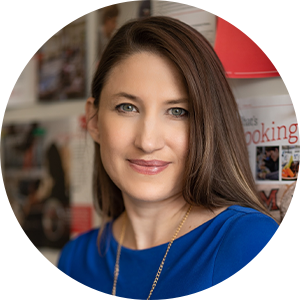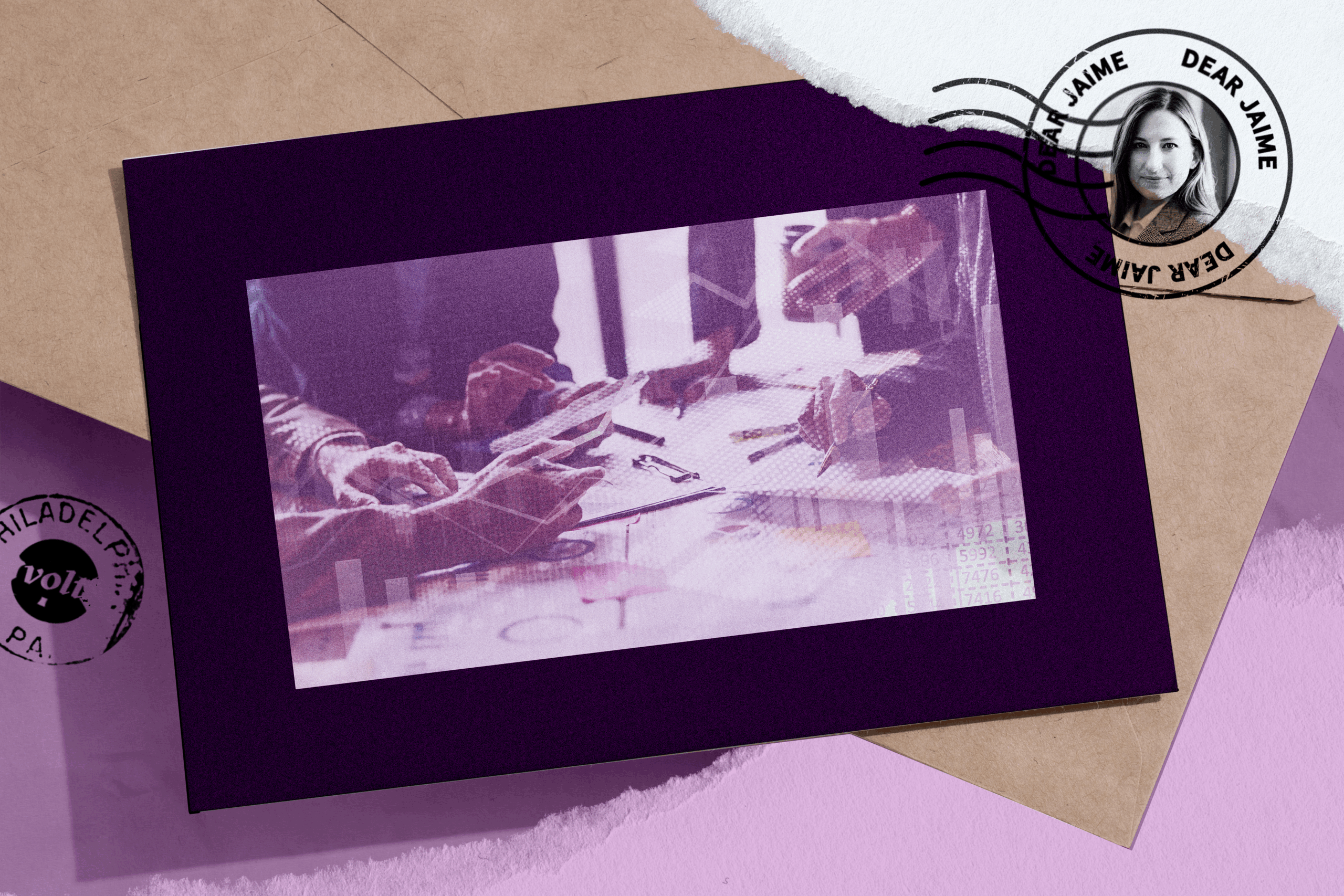Over the past year, my team and I have reviewed the application packets of several hundred applicants and conducted more than 100 Zoom and in-person interviews. We are building a powerhouse marketing team—from scratch—and are filling positions that range from administrative assistants to marketing coordinators to assistant vice presidents. As we wrap up our hiring frenzy, I have a few observations that I hope help job seekers as they navigate the job market.
6 Tips for Navigating the Job Market
Are you one of the many who has decided to make a career change? If so, here are proven tips from someone on the other side of the hiring process.

1. Address every qualification in your materials
The hiring process in higher education, especially at public universities, is incredibly particular.
On every campus where I have worked, I have been required to use a matrix that evaluates each candidate’s application materials against the listed minimum and preferred qualifications. If a candidate does not demonstrate that he or she meets those minimums, the hiring manager cannot move them on to the next stage.
This is an important context to understand as a job seeker. You cannot make assumptions that the search committee will be able to ascertain if you have a skill if you are not clear about spelling that out in your materials.
As you adapt your resumé and cover letter for a specific role, be incredibly careful that you touch on every item in the minimum qualifications. It can feel clunky to fit everything, but it could mean the difference between “not qualified” and “invited to interview.”
2. Provide some context
From the hundreds of resumés we’ve reviewed, we frequently saw candidates applying for positions on our campus shortly after beginning new roles elsewhere. Sometimes, they had applied within a month of starting a new position.
Quickly pursuing new opportunities just a month or two into a new job can raise questions. Why are you already on the job market? This concern is amplified when a candidate’s work history shows a series of relatively brief tenures.
There can be many reasons behind this type of employment history. However, when a cover letter lacks an explanation, it leaves room for the search committee to formulate its narrative. It isn’t necessary to go into length about why you are searching so soon after starting a new role, but providing context prevents assumptions about the reasons.
3. Sell your transferable skills
Although I am a proponent of recruiting staff from the private sector, many folks in higher education are biased toward candidates with university work experience. If you haven’t worked on a college campus, it can help your chances of landing a job if you can articulate how your work history will translate to higher ed.
Take some time to review the university’s strategic plan and the publicly available information about the department you wish to join. Draw connections between your work experience and the goals and expectations outlined. Craft your materials to demonstrate your adaptability, problem-solving skills and communication prowess. Then, showcase how those skills can translate into tangible benefits for the university.
4. Double-check everything
It is heartbreaking when a candidate’s resumé is strong, but the cover letter is for a different position at a different organization or is riddled with typos and other errors. These mistakes create a negative impression and reflect a lack of attention to detail (often a minimum qualification).
Cover letters are the first impression a hiring manager has of you. Mistakes overshadow your qualifications and accomplishments.
Before you hit “send,” check for consistency in formatting, font usage and style. Run the letter through a grammar checker to rule out typos, spelling mistakes and grammar errors.
A bonus outcome: submitting error-free materials boosts your confidence, knowing that you’ve presented the best possible version of yourself to your potential employer.
5. Present your best self
My dad used to remind me of the adage: dress for the job you want, not the job you’ve got. That message sits in the back of my mind whenever I am in the job market.
Although it seems silly—your ability to do your job has nothing to do with how you are dressed—it would be foolish to assume that search committees are not taken aback when a candidate shows up in casual attire.
Dressing up not only showcases your readiness to step into the role but also conveys your understanding of the importance of the search process. It sets the tone and allows your qualifications and personality to shine while creating a positive first impression.
6. Don’t burn a bridge
It can be incredibly disappointing to go through a search process but not land the position you covet. How you handle rejection can leave a lasting impression on the hiring manager.
Being gracious and respectful even in disappointment can lead to the search committee thinking of you for future opportunities. On a few occasions, I’ve hired previously interviewed candidates for different roles that better aligned with their skills and aspirations. Additionally, the tight-knit nature of higher education means that a well-liked candidate could be referred to another institution for a similar role.
Showing grace and class doesn’t mean suppressing your disappointment. It means acknowledging it while choosing to respond professionally and constructively. It reflects your character and your ability to handle adversity well.
Similarly, if you decide a particular position isn’t the right fit for you, don’t dismiss an interview without communication. Several months ago, we had a candidate who failed to attend an interview and did not communicate her withdrawal in advance. This incident affected her chances negatively when she applied for a different role within the department. Unluckily for her, the same hiring manager was involved, and her prior absence led to a reluctance to schedule another interview.
Most people have been in a position where they didn’t get a job they really wanted. By following the tips above, you can increase your chances of landing that role that truly excites you.
Newsletter Sign up!
Stay current in digital strategy, brand amplification, design thinking and more.



